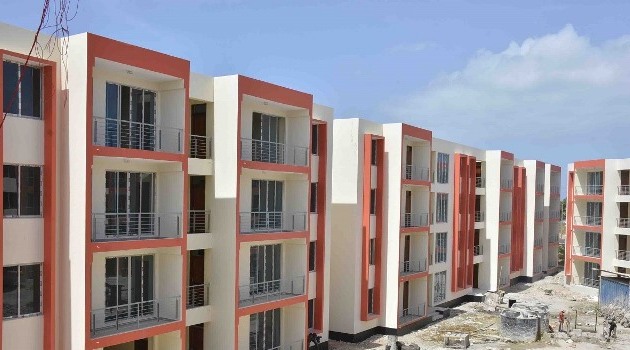
Kenya’s President William Ruto has endorsed a contentious bill into law, allowing the government to persist in collecting a 1.5% housing levy from employees’ monthly earnings. The objective of this levy is to finance the development of affordable housing for low-income individuals, although its rollout has elicited widespread criticism.
Opposition figures and a substantial portion of the populace have voiced dissatisfaction with the levy, perceiving it as an additional financial burden amidst a series of recent tax hikes. Legal obstacles previously hindered the bill’s enactment, with a judge suspending deductions due to a lack of proper legal framework. Despite objections from opposition legislators, the bill underwent amendments and received approval from Members of Parliament last week.
Originally proposed in President Ruto’s 2022 election manifesto, the levy is part of a broader finance law passed last June, which also included doubling the sales tax on fuel. Furthermore, an increased health insurance levy is slated for introduction shortly. The government argues that boosting tax revenues is crucial for reducing the budget deficit and financing vital public services. The government had commenced deducting the 1.5% housing levy from salaries since last July. However, in response to public outcry, an activist successfully challenged the government in court, arguing that the levy unfairly targeted formal sector employees with regular monthly salaries.
To address the court’s concerns, the new law extends the levy to other workers and now mandates non-salaried individuals in the informal sector to contribute to the levy. Additionally, the new law establishes the Affordable Housing Fund, which will oversee the funds collected through the levy. Authorities assert that the deductions will not be retroactively applied to include the funds that would have been paid had the scheme not been suspended. President Ruto aims to construct 200,000 affordable housing units annually and anticipates generating over 600,000 jobs through this initiative.
